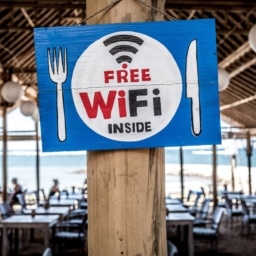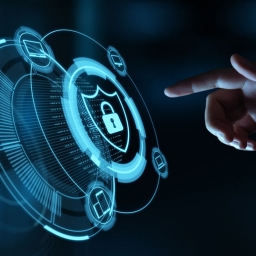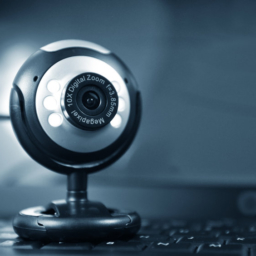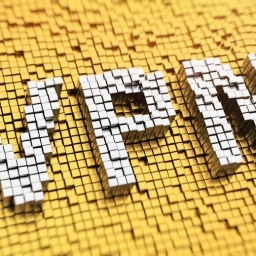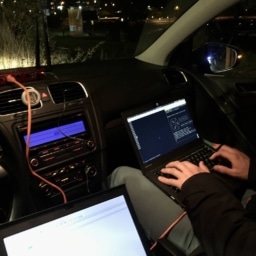Social Media Posts Can Be Weaponized

Social Media websites are now deeply woven into the fabric of human social interaction. They present many opportunities to create relationships and conduct business, but they often raise some serious privacy concerns. Attackers know that social media profiles are treasure troves of personal information waiting to be harvested. Users are often unaware of how much information they may be leaking to a potential attacker.
It may seem harmless to post about your dog on Facebook, but this information could have some unintended consequences. Such trivial information could have more value to an attacker than you might imagine. Information leakage happens when an attacker can use the publicly available information on Social Media to infer private information about the user or other people. In many cases, you are your own worst enemy on social media without even realizing it. This blog will discuss the harmful effects of information leakage through Social Media profiles and how you can mitigate them.
The Dangers of information Leakage
One of the most common dangers of information leakage is a password recovery attack. Password recovery attacks are when an attacker tries to gain access to a victims account by resetting the password and correctly answering the security questions. One of the common password recovery questions asks for your dog’s name, which makes it a bad idea to have that information publicly available if it is one of your security questions. Even something as trivial as posting about your high school reunion could give an attacker a potential password recovery answer.
Information leakage on social media can also lead to crimes such as identity theft or robberies. You could be unknowingly providing an attacker with the pieces of information they need to steal your identity. For example, posting about your high school reunion could reveal your age and city of birth. Attackers are also monitoring the updates people post about their daily lives. If you post that you and your family are going on vacation in Hawaii, you are also making your home an attractive target for criminals looking to break in while you are away.
How to Mitigate Information Leakage
The first step in mitigating information leakage is to properly utilize the privacy settings on the social media platforms that you are using. Your options will vary but you should consider limiting who can see your posts. For example, on Twitter you can protect your tweets so that only your followers can see your tweets and new followers will have to be accepted by you. You might want to make your future posts only visible to your friends on Facebook.
privacy settings on the social media platforms that you are using. Your options will vary but you should consider limiting who can see your posts. For example, on Twitter you can protect your tweets so that only your followers can see your tweets and new followers will have to be accepted by you. You might want to make your future posts only visible to your friends on Facebook.
In addition, you should hide any personally identifiable information such as email addresses, age, location, etc. if they are not necessary on your profile. Do not post any information pertaining to your password recovery questions or post about daily whereabouts. The most important thing to remember is to just be mindful of what information you put on social media because you never know who may be watching or how they might plan to attack you.




